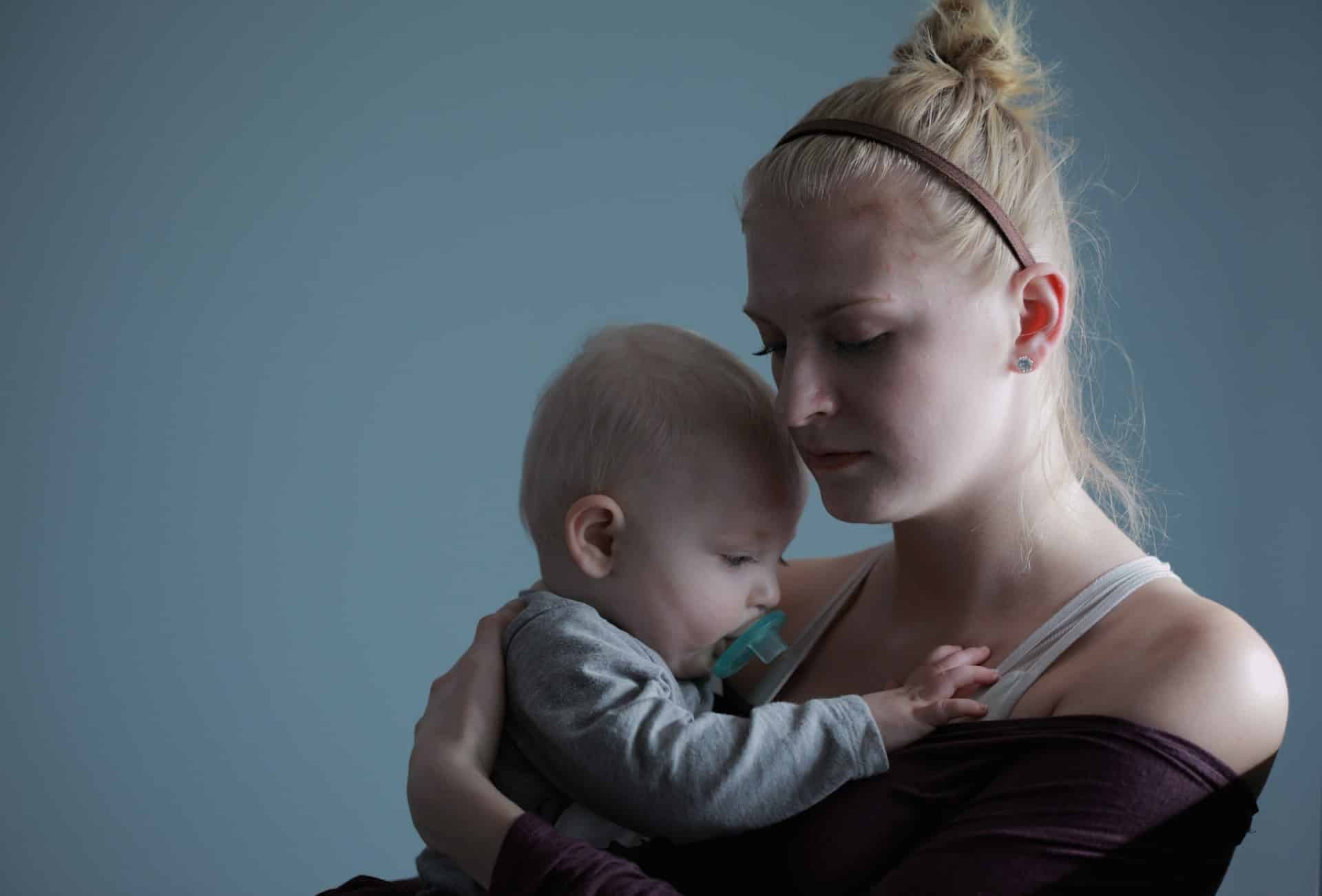You may have heard the old phrase, “Nothing is certain except death and taxes.” This quote resonated with me as I with thinking about this post, mostly for its incompleteness, especially in the context of my work. Being a therapist, one thing I witness day in and day out is the inevitability of pain. If…
psychotherapy
The Overwhelmed Working Parent: Finding Space to Breathe
As a working parent, I know firsthand how relentless the demands of life can feel. It’s as if there’s an endless ticker tape of tasks running through your mind: emails to answer, meals to prepare, forms to fill out, and let’s not forget the mental gymnastics required to ensure you’re giving your kids the best…
Values-Based Resolutions: How to Set Goals You Can Actually Achieve
At the end of each year, many of us find ourselves reevaluating habits that we feel are not benefiting our mind, body or soul. We see the upcoming new year as a chance to turn an unhelpful habit into one of value. When the new year begins we feel motivated with a fresh sense of…
Perinatal Mental Health: A Guide for Therapists
As therapists, we are acutely aware of the complex interplay between mental health and life’s transitions. One of the most significant yet often overlooked transitions occurs during the perinatal period—encompassing pregnancy and the first year postpartum. Understanding perinatal mental health is essential for us to support our clients effectively during this transformative time. The Importance…
ACT, CBT, DBT, EMDR, ERP: A Guide to Evidence-based Therapies
When you first enter the world of therapy, you might not know exactly where to start. That might have something to do with a feeling that you don’t know the lingo and can’t make sense of the alphabet soup. Every therapist will have a slew of letters behind their name – LCSW, PsyD, CST, LMFT,…
Something Better Than New Year’s Resolutions
As the new year rolls in, many people embrace the tradition of setting New Year’s resolutions, often aiming to lose weight, exercise more, or quit troubling habits. These goals initially feel like an empowering way to start fresh, but can prove stressful and difficult to maintain. Most people abandon them by the end of January.…
End-of-Year Message from the Wildflower Founders
Dear Wildflower Community, As the year draws to a close, we reflect on the many moments that have shaped the journey of this past year. There is something deeply poignant about this time of year – a natural pause for renewal and reflection. It is a time when many of us look back on what…
Psychotherapy at Wildflower: 15 Ways It Can Make You a Better Person
Psychotherapy is not only about dealing with the negative and painful parts of your life. If you are willing to put in the work, psychotherapy can make you a better person in more ways than we can count. Here are 15 of them: We invite you to learn more about the myriad way psychotherapy can…
May Your Days Be Merry and Bright: A Therapist’s Take on Navigating the Holiday Season
The holiday season has arrived like an unexpected snowstorm, announcing itself with a burst of shopping frenzy and festive chaos, sweeping us up before we can catch our breath, pack away our summer sneakers, and button our coats. Every November, like clockwork, I’m surprised by how swiftly this time comes. ‘It was just September!’ I…
Healing Through EMDR: Getting Grounded in Shaky Times
After completing part two of my Eye Movement Desensitization and Reprocessing (EMDR) training this past weekend, I left feeling grounded, energized, and — dare I say — hopeful. This felt like a stark contrast to the energy of the weeks and months leading up to it given the anxiety we have collectively been buzzing with.…











